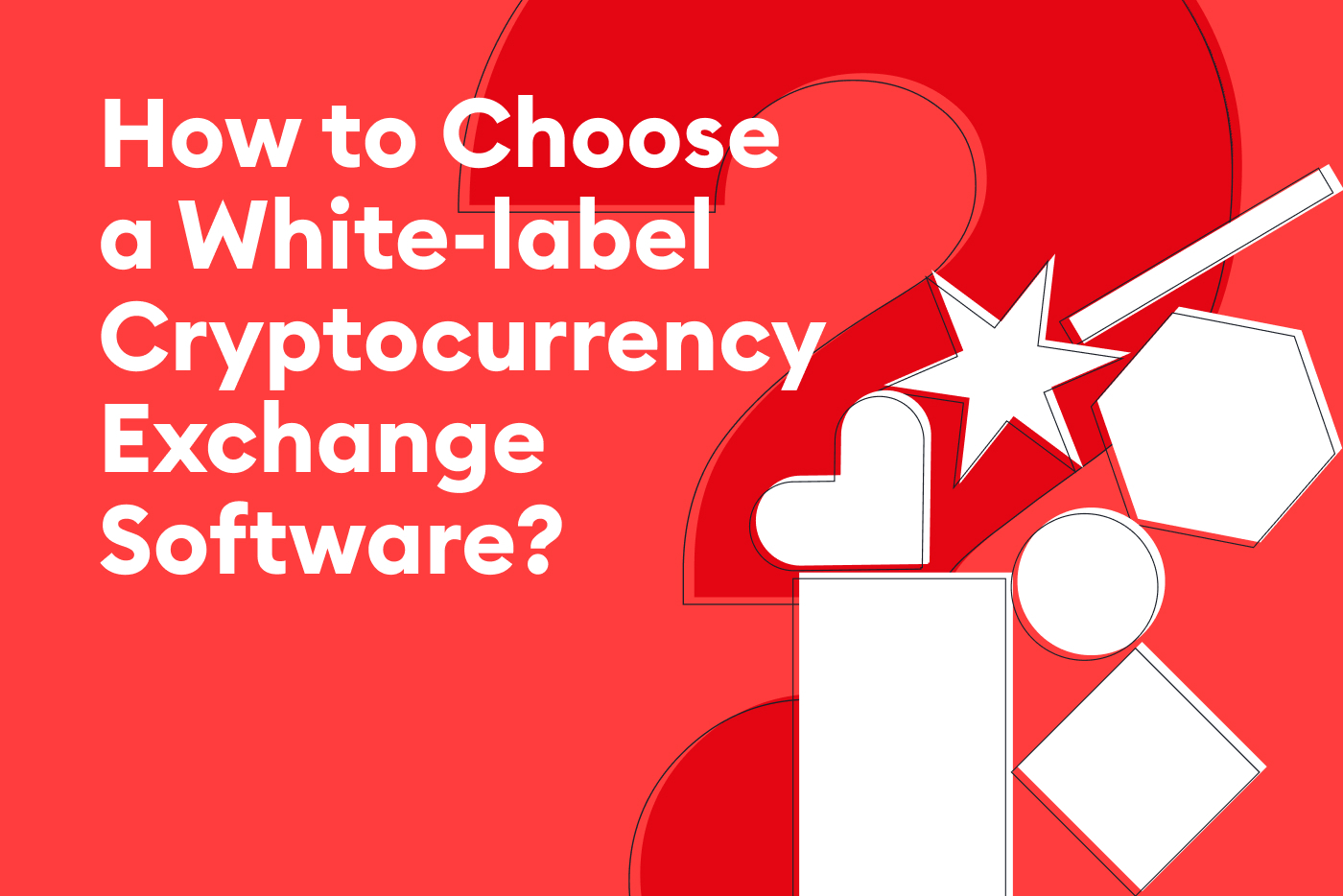
Following our introduction to digital asset adoption and regulatory framework in Latin American countries and the subsequent overview on Brazil, it is now time to visit a case in Central America. How can a country positioned 54th out of 64 participants in the 2020 World Ranking of Digital Competitiveness become a growing market -and clear opportunity- to a phenomenon mostly present in first-world countries [1]? The country we are speaking of is Mexico, and we will further review its digital asset adoption and regulatory framework.
Retail and institutional digital asset adoption in Mexico
The available data on digital asset adoption in Mexico is mixed; depending on the measure used, both sides of the adoption spectrum can be argued for. Using proxy measures, like total number of Bitcoin ATMs, would categorize Mexico as having relatively low adoption (19) compared to its neighbouring country, the United States (22,950) [2]. Inversely, Mexico appears to be a growing market for cryptocurrencies, and has been estimated to occupy the 18th place on Bitcoin adoption [3]. Instances involving Mexican-born exchanges reverberating throughout the whole region have become quite frequent, with cases such as Bitso, a digital asset exchange startup that attracted US $250M in a funding round, receiving unicorn status (+US $1B valuation) thanks to its millions of users [4].
Digital asset regulatory framework in Mexico
Understanding the legal and regulatory landscape in Mexico can be as complex as its adoption counterpart. Comparably to the Brazilian case, we can categorize the landscape in the following categories [5]:
- Government definition and attitude. Since the publication of the Fintech Law in 2018, the Mexican financial system began to regulate operations regarding digital assets. The law vaguely defined terms regarding cryptocurrencies. It also provided a legal framework on how financial institutions can operate with them, along with the needed requirements. However, it also clarifies that they do not consider it a currency or embrace it as legal tender within the country.
- Cryptocurrency regulation. A year after the Fintech Law, a new circular published by Banxico – Mexico’s Central Bank – aimed to further clarify the characteristics digital assets had to have in order to be used by financial institutions and their customers.
- Taxation. With no specific regulation for digital assets, the taxation landscape in Mexico is unclear. Only other established taxes may indirectly impact this asset class, while its treatment can’t be easily determined. From ICOs, IDOs, and IEOs’ participants to stablecoin holders and others, digital asset users have no coherent set of steps or rules to guide them through the tax reporting and payment process.
- Ownership and listing requirements. Those subject to the Stock Market and Investment Funds laws are not entitled to operate with digital assets – only banks and fintech are allowed to do so.
- AML requirements. Both fintech or banking institutions and natural persons are subject to the general rules of the Federal Law for the Prevention and Identification of Operations with Resources of Illegal Proceeds. Nevertheless, the tax and legal regulatory lines are blurred at best, providing an enticing scenario for criminals – nowadays, even drug cartels are being drawn to digital assets for money-laundering purposes [6].
- Mining. Mining cryptocurrencies is not prohibited, and has not been the subject matter of any specific observation by Mexican authorities.
- Reporting requirements. The reporting of trading, custody, or other activities involving digital assets depend on the person or institution carrying out said activity and the law they are subject to. Financial and non-financial institutions may be required to report crypto-to-fiat transactions that surpass ~USD 2500 to the Ministry of Finance.
Additionally, institutions allowed to operate with digital assets need to register with the Financial Intelligence Unit. This is Mexico’s agency in charge of analyzing information related to illicit money operations and aiding AML/CFT. In a recent report, a dozen cryptocurrency exchanges have been found to be operating illegally because of their non-registered status alone [7].
Conclusion
All in all, the regulatory framework in Mexico does not seem to steer towards a more digital asset-friendly stance any time soon, as regulators and banks alike recently released a joint statement prohibiting financial institutions from carrying out operations with digital assets [8]. Notwithstanding, unclear paths may present the right set of circumstances for those prepared enough to navigate these waters. Our ample solution offering can cater to the most unprepared to the battle-tested veteran. From white-label technology to legal and regulatory advice, we can provide the necessary expertise for your blockchain project. Get in touch with our team today.
References
[1] You can find updated information on World Competitiveness Rankings at:
https://worldcompetitiveness.imd.org/countryprofile/MX/digital
[2] Updated information on country and city level of Bitcoin ATM can be found at https://coinatmradar.com/
[3] Finder Crypto Report. Cryptocurrency adoption rates. June 2021. https://dvh1deh6tagwk.cloudfront.net/finder-us/wp-uploads/sites/5/2021/06/Crypto_Adoption_final-compressed-1.pdf
[4] Newsamericas. “Latin America’s Profile for Bitcoin on the Rise Thanks to Mexico and El Salvador.” Caribbean and Latin America Daily News, 15 July 2021, www.newsamericasnow.com/latin-america-news-bitcoin-on-the-rise-thanks-to-mexico-and-el-salvador/.
[5] Blockchain and Cryptocurrency Regulation 2021, Mexico. Global Legal Insights. https://www.globallegalinsights.com/practice-areas/blockchain-laws-and-regulations/mexico#chaptercontent1
[6] Oré, Diego. Latin American Crime Cartels Turn to Cryptocurrencies for Money Laundering. Thomson Reuters, 8 Dec. 2020, www.reuters.com/article/mexico-bitcoin/insight-latin-american-crime-cartels-turn-to-cryptocurrencies-for-money-laundering-idUSL1N2IO25U.
[7] Engler, Andres. “Mexico Regulator Says 12 Crypto Exchanges Are Operating Illegally.” CoinDesk, 28 July 2021, www.coindesk.com/markets/2021/07/28/mexico-regulator-says-12-crypto-exchanges-are-operating-illegally/.
[8] Abraham Gonzalez, Anthony Esposito. Mexico Says Cryptocurrencies Are Not Money, Warns of Risks. Thomson Reuters, 28 June 2021, www.reuters.com/world/americas/mexico-says-cryptocurrencies-are-not-money-warns-risks-2021-06-28/.

